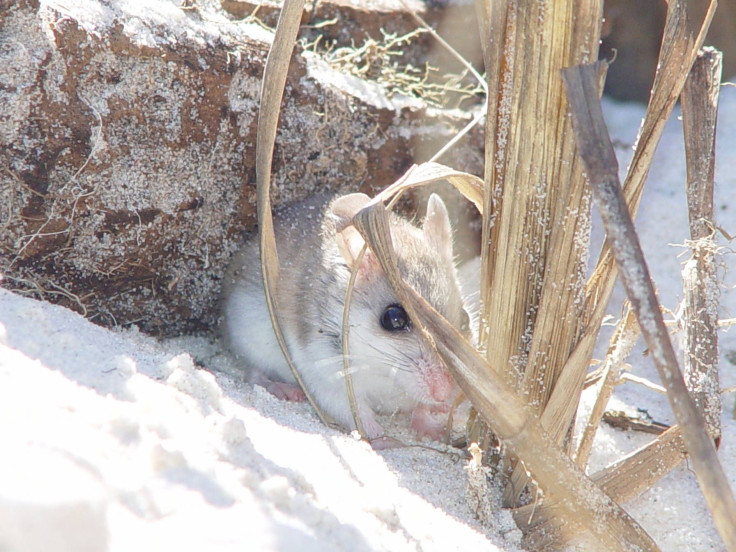What Makes For Monogamy And Good Parenting? It's All In The Genes — At Least For Mice

What makes an attentive parent or a monogamous made? Apparently it’s all in the genes.
Harvard University researchers found not only that different genes influence male and female behavior but there’s a hormone that is closely tied to nest-building behavior in mice.
Read: New Species, Giant Shipworm, Found In Philippines
The research was published Wednesday in Nature, the first time scientists have linked DNA to mammalian parenting habits. It could one day help determine how human couples bond and care for children.
“While in many systems we know that parenting behavior can be affected by your environment, we now have evidence that genetics can play an important role as well," Hopi Hoekstra, professor of Organismic and Evolutionary Biology and Molecular and Cellular Biology and lead author, said in a press release.
The researchers compared the mating difference between two mouse species: the deer mouse and the oldfield mouse — and hybrids of the two species. Males in only 5 percent of species form long-term bonds with a single female and participate in care of offspring.
Read: Immune System Can Be Reprogrammed With Nanoparticles
"Like many rodents, the deer mouse is what we refer to as promiscuous, meaning both males and females mate with multiple individuals," Hoekstra said. "Often when you genotype a litter, you will find pups from multiple fathers."
When it came to the oldfield mouse, however, the pups all came from the same father.
Post-doctoral researcher Andres Bendesky tracked the behavior of both males and females of both species and measured their nest-building activity and interaction with their pups. The females of both species were attentive mothers, but only the oldfield fathers were involved in raising the pups.
"What I find very interesting is that we found different genes may explain the evolution of paternal and maternal care," Bendesky said. "That's interesting because it tells us that if some mutation in a population increases maternal care, it may not affect the behavior of males. So these behaviors may be evolving independently."
Bendesky also looked at the hypothalamus and found the hormone vasopressin also played a role in nest-building behavior. When the hormone was administered, nest-building behavior dropped.
The human brain also produces vasopressin but Bendesky noted it’s still unclear how big a role it plays.
“You cannot do a 23andMe test and find out if your partner is going to be a good father,” told the New York Times.
© Copyright IBTimes 2024. All rights reserved.






















